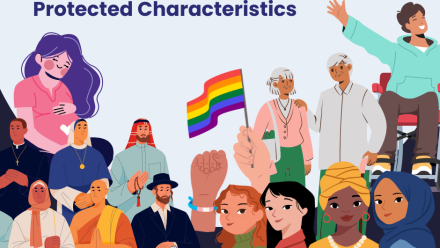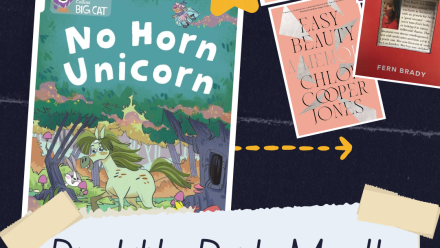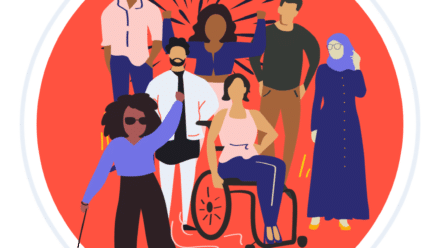Inclusive dialogue and disability-led support across the globe: our Mauritius graduates!
21st May 2021 by Raphaele von Koettlitz
Everything we do at D&A is underpinned by the knowledge that a society that celebrates difference and gives space for each individual to thrive, is a happier, healthier and an all-round better society.
With D&A International, we’re able to support and share this knowledge across the globe, creating a more inclusive world for us all. Seeing the results of our pilot course in Mauritius demonstrates that we are on the way to making that happen.
Mauritius is a global leader in higher education, announcing in 2019 that tertiary education in public universities would be free for Mauritian students. We know how vital it is that such an education is accessible for all students, including disabled and neurodiverse learners. So with our background in integrative, assistive technology-centred, and disabled-led support, we partnered with Commonwealth of Learning (COL) and Global Rainbow Foundation (GRF) to deliver ‘Introduction to Disability Needs Assessments and Assistive Technologies’. From diverse backgrounds, 41 participants at 14 different organisations took part in the course which pioneered an immersive and inclusive blended learning experience designed to increase knowledge of supporting diverse learners.
You can find out more about the pilot course, how it works, and the challenges it addresses, in our last update.
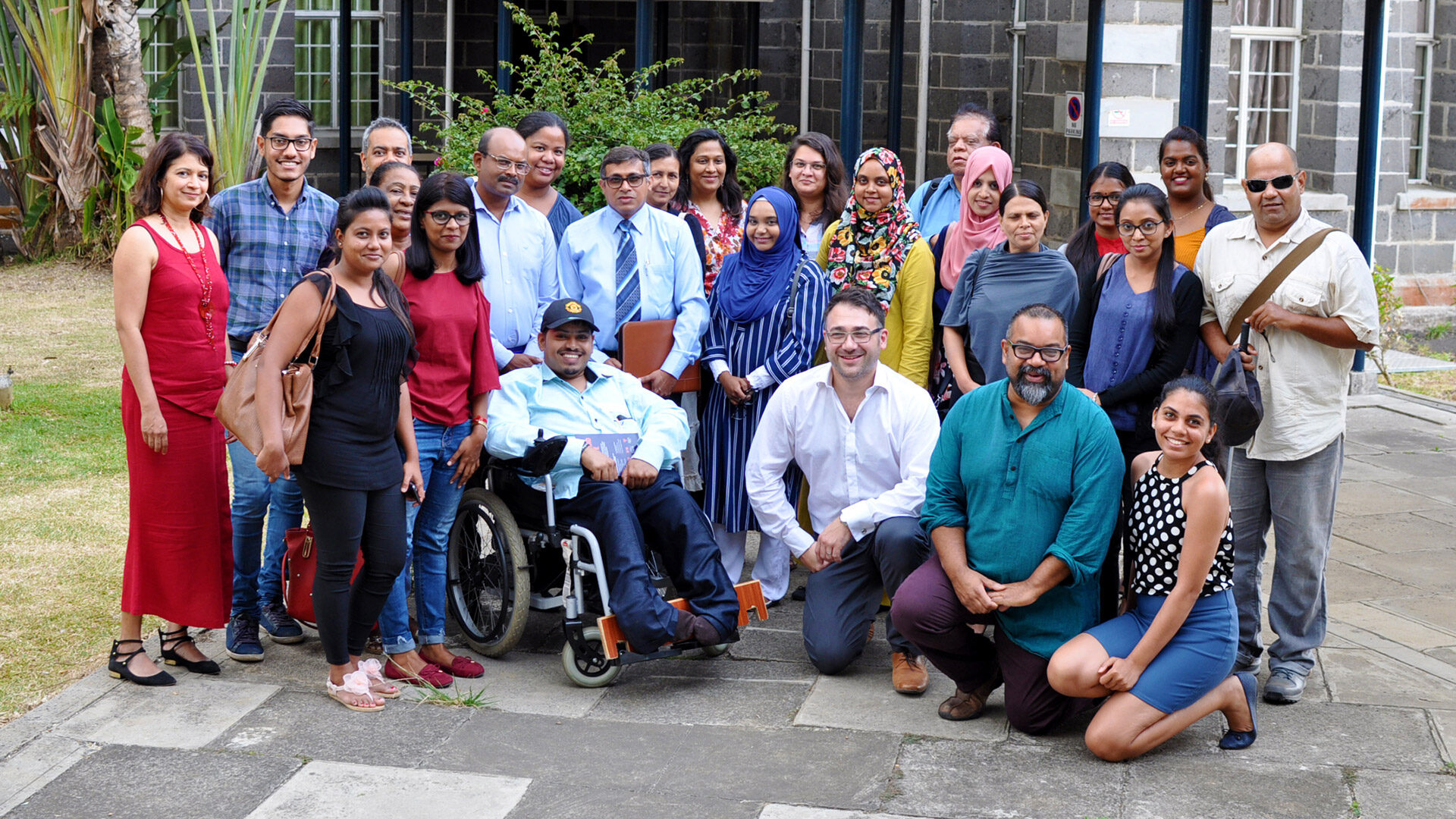
Global Rainbow Foundation, Diversity and Ability, and course participants at the launch of the pilot course in 2019
Where are we now?
On Tuesday 23rd February, 26 participants joined D&A, COL and GRF to celebrate the completion of their course!
Professor Asha Kanwar, President and Chief Executive Officer of Commonwealth of Learning, joined us as a special guest, sharing that it was “a pleasure to be part of this virtual graduation which marks such an important milestone in our efforts to provide quality learning opportunities for all regardless of disabilities and location”.
Professor Kanwar continued to stress the value of the programme:
“In inclusive systems every learner must feel valued and respected. This course on ‘Introduction to Disability Needs Assessments and Assistive Technology’ is a step in the right direction because it starts with identifying needs and providing solutions on the kinds of assistive technology that can be used to support learning”
66% (27 out of 41) of participants received an Achievement Award for completion of the course, and 3 participants (Nitishah Naugah, Bibi Ruksar Hosany, and Mudhoshnee Devi Molloo) received an Outstanding Achievement Award.
Nitishah spoke at the ceremony to share her thoughts on the experience:
“We all have a voice and all the voices need to be heard…as a speech and language therapist I have the responsibility not to only empower those with disabilities to communicate with self-confidence but also the responsibility to inspire strength and faith in them, to dare to aspire so one day they are not afraid to raise their voice and make themselves heard.”
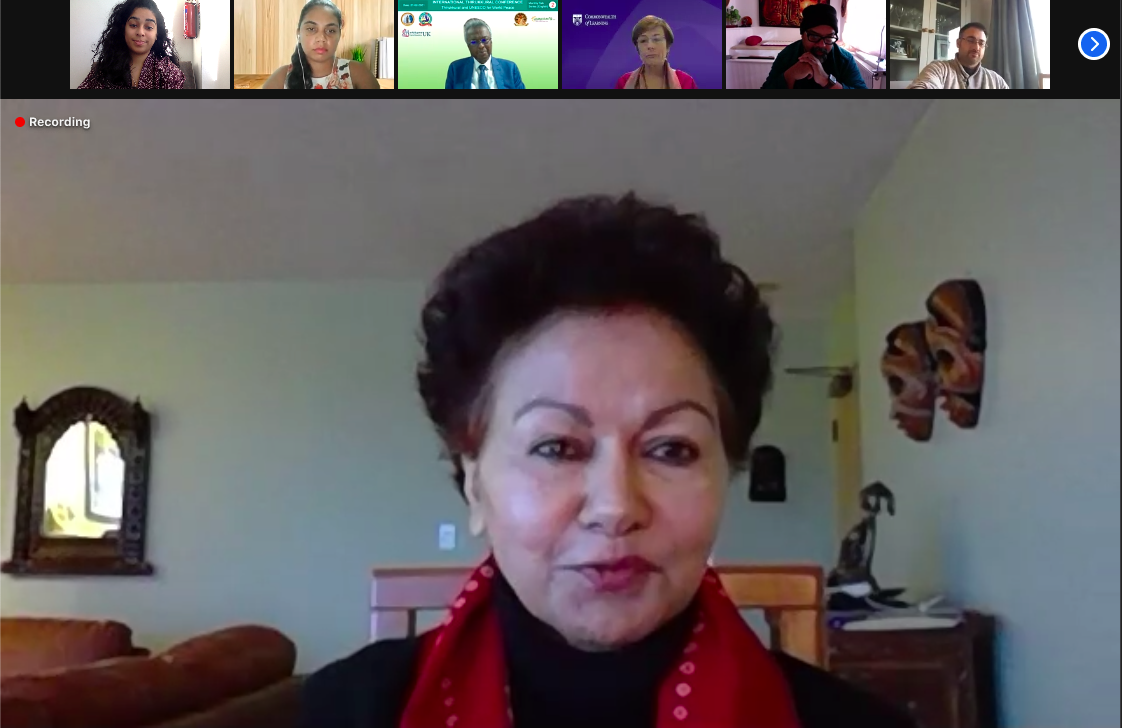
Professor Asha Kanwar speaks at the graduation ceremony
What were the highlights?
In reflecting on the course, it’s clear that D&A’s passion for, and experience in, truly inclusive support greatly contributed to the success of the course. As well as the incredible result of over 60% of participants successfully completing the course, other highlights of the experience included:
- Accessible online learning
- We know how important it is that E-learning platforms are accessible and inclusive to all individuals and diverse learning styles. All course materials were available as videos, audio recordings, text based and contextual descriptive transcripts. The headings and page text was all screen-reader friendly and dictated by live voice, too.
- Individualised support for all
- We know that learning looks, and feels, different for everyone. We ensured each person had the space to discuss their experiences, whether through 1:1 Zoom calls, 1:1 chat-based facilitator support, or peer support through forums and the E-Learning platform.
- One participant expressed the difference this support had made to their experience on the course:
“I am so touched by your commitment to help. I must say that I am not used to so much dedication. A heartfelt thank you.”
So, what’s next?
Globally, we need to work hard and fast to meet the UN’s Sustainable Development Goals by the Year 2030.
Our inclusive and accessible education can help make this happen; particularly focusing on Quality Education, Decent Work and Economic Growth, and Reduced Inequalities. We’re excited to see where else we can go to work with countries to make the SDGs achievable.
We’re already in discussion with the Global Rainbow Foundation to run further courses in Mauritius, and are also in conversation with Tonga’s Ministry of Education to expand the course over there. We look forward to further collaborations to make sure the 15% of disabled people around the world are being given equal opportunities
